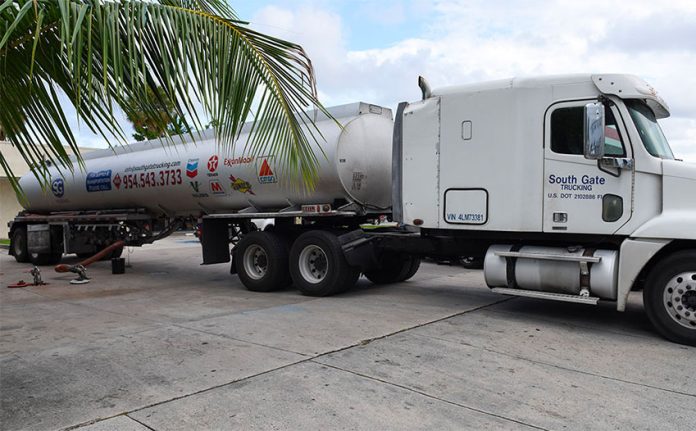United States companies that sell fuel to Mexico are relying more and more on trucking to meet Mexico’s gasoline requirements amid shortcomings with other transportation methods.
Although trucking is less efficient and more expensive than rail, pipeline or maritime shipping, certain factors make it a good solution for U.S. exporters.
One of the companies that is trucking gasoline across the border is Mexico City-based Indimex Marketing and Trading. In an interview with Bloomberg, Indimex founder Rajan Vig said that Mexico’s geography makes trucking a good option.
“Given the fact that Mexico is a wide-spanning country, it is much easier to move product via truck,” he said. “Trucking is efficient. People understand the viable routes for trucking. Some areas of the country are just much easier to truck to, rather than to rail to.”
Mexico has long been dependent on the United States for gasoline and other refined petroleum products. In spite of being a net petroleum exporter, Mexico’s limited refining capabilities mean that it needs to turn to the United States to cover demand. In 2018, Mexico spent almost US $19 billion importing an average of about 600,000 barrels of gasoline a day.
The 2014 energy reform allowed the opening of gas stations not owned by the state oil company for the first time. The first private gas stations in Mexico opened in 2016 and now account for a large part of the fuel market, and are allowed to import fuel from private suppliers.
But strict import regulations and Pemex’s monopoly on distribution networks mean private gas stations are still supplied for the most part by the state oil company.
However, Pemex has faced a host of distribution problems, which is pushing private gas station operators to look for other foreign suppliers, former Pemex official Josefa Casas said at an energy conference in Mexico City last week.
“The supply crisis at the start of this year accelerated to some extent the need for a guarantee of supply and private companies began to look for alternative solutions,” she said.
However, Casas noted that trucking is relatively expensive and volume-limited compared to other shipping methods, and that Mexico should improve its port and rail infrastructure.
“Infrastructure remains limited, but that’s also an opportunity for investment,” she said.
Source: Bloomberg (en), El Economista (sp)
